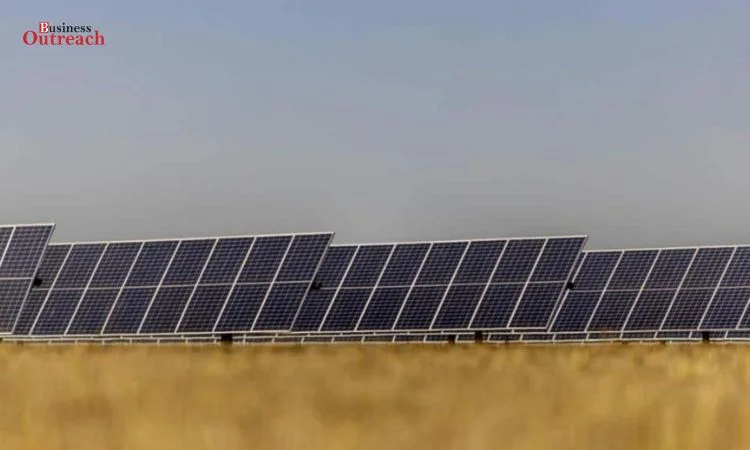The government in the UK has just announced a huge expansion of its efforts in artificial intelligence and green energy at the recent G7 Summit in an effort to firm commitments to the achievement of net zero carbon emissions by 2050. This is to be backed by an enormous amount of funding to make this country the leader in addressing climate change through technological innovation and sustainable practices.

PC: The Financial Express
The UK is committing almost £4 million towards AI-powered green innovations, with £1m going towards twelve separate AI projects aimed at decarbonizing a broad range of sectors, from renewable energy through to agriculture. [$4995]AI technologies which better predict solar energy are among the schemes to be funded, alongside AI-powered robots monitoring soil and crop health with a view to slashing emissions linked to dairy farming. A further £2.25 million is also being allocated for more AI innovations to reduce emissions in the energy supply as part of the government’s wider £1bn Net Zero Innovation Portfolio. Other than AI funding, The UK government has also pledged £960 million over the next five years to boost the development of low-carbon industries.
This will be achieved by investing in an upgraded electricity grid, taken together with these new energy projects and enable some emission reduction. Another important aspects of this setup is the connection’s action plan, worked in conjunction with Ofgem, it simplifies most of the energy projects connecting to the grid, enabling more than 100 GW new capacit to be set free. Capacit given is posing to power the economy after 2050 in a sustainable process. Also at the G7 Summit, the UK reaffirmed commitments that had been made via the Paris Agreement – working with other nations to spur an international, fair energy transition.
The G7 Clean Energy Economy Action Plan acknowledges the fact that attaining affordable and accessible clean energy technologies requires enormous investments between public and private sources. Together with the blueprint, it will also work on building such worldwide supply chains that are resilient while focusing on clean energy and pushing the transition further ahead by using the G7 partnership for global infrastructure and investment to support the low- and middle-income countries. Also, the UK also seeks to mobilize up to $40 bn of UK-backed finance by the end of 2027 and thus make a big contribution to the G7 PGII. The new finance shall help the developing countries obtain investment for the construction of sustainable as well as growing economies and also spanning essential financing gaps.
The government of the UK addresses all these answered needs for growth through some of the significant energy policy investment, which is not just about appropriate financial investment, but also entails policy reform and direct community benefit.ixe The government can strengthen the National Policy Statements for planning major energy projects; therefore, low carbon energy infrastructure can be considered a matter of critical national priority. The reform package includes a scheme facilitating financial benefits in the communities hosting new transmission infrastructure; as such it helps to build local support for green energy projects.
In brief, the UK has now made great strides towards its net zero targets through such enlarged efforts in AI and green energy with substantial funding and with carefully knitted international cooperation.” From this move, he said, it reflects the determination of the UK to spearhead the world’s battle against climate change through innovation, investment, and through inclusive growth.















